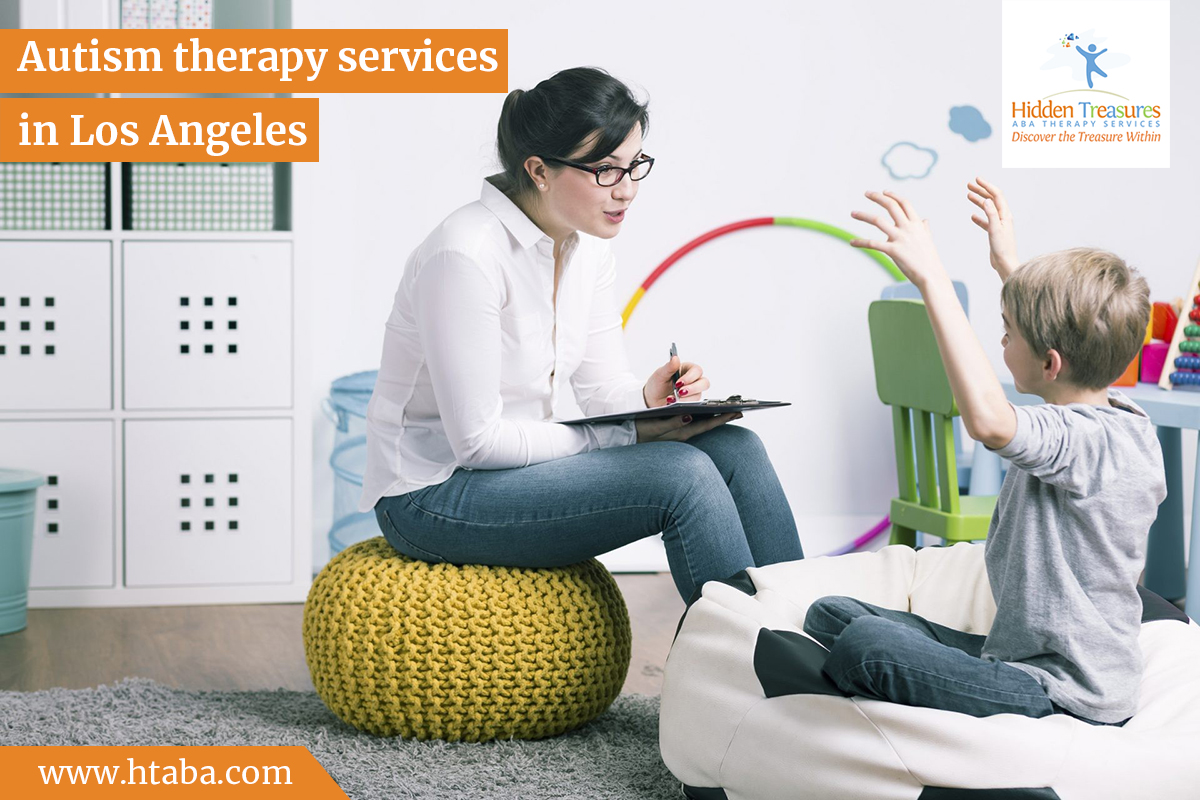Understanding the Importance of ABA Parent Training
ABA parent training is when parents or caregivers are involved in their child's ABA therapy. It is the responsibility of all ABA therapists to advocate parent training or education. It could be as simple as making suggestions to the family about behavioral supports in the home, such as posting a visual schedule, or it could mean videotaping your workshops and evaluating them with the parents. It could even be as simple as noticing the parents implementing compliance training and providing feedback. Sometimes, it could even be as simple as making recommendations to the family about behavioral supports in the home, such as posting a visual schedule.
Parenting classes do not have to be tough or time-consuming. If you're an ABA therapist, you might share data and behavioral concerns with the parents at the end of each session. If you're a supervisor, you may set up weekly meetings or phone consultations with parents to discuss their children's programs. Parental engagement is crucial when it comes to ABA. When parents are involved in the ABA therapy process, research has repeatedly demonstrated that the outcomes are better. Without a team approach, ABA isn't as successful.
If the family does not generalize, reinforce, and sustain the behaviors that the ABA therapist teaches the kid, one of two things will happen: the child will lose the ability, or the child will only demonstrate the skill for the therapist. Only having some success when the therapist is present isn't actual progress. The parents or primary caregivers must be familiar with and comprehend the ABA therapy goals, behavior plans, and tactics to the point that they could manage a therapy session without the assistance of the ABA therapists.
The key quality of ABA therapists is their consistency. The ABA training, however, can only be achieved to the maximum level if there is team effort. To find out more, visit https://htaba.com
If the family does not generalize, reinforce, and sustain the behaviors that the ABA therapist teaches the kid, one of two things will happen: the child will lose the ability, or the child will only demonstrate the skill for the therapist. Only having some success when the therapist is present isn't actual progress. The parents or primary caregivers must be familiar with and comprehend the ABA therapy goals, behavior plans, and tactics to the point that they could manage a therapy session without the assistance of the ABA therapists.
The key quality of ABA therapists is their consistency. The ABA training, however, can only be achieved to the maximum level if there is team effort. To find out more, visit https://htaba.com





Comments
Post a Comment